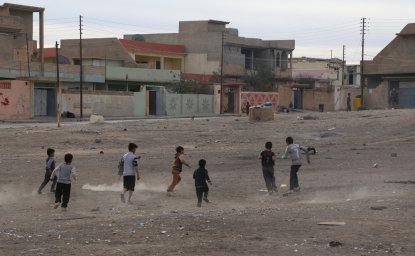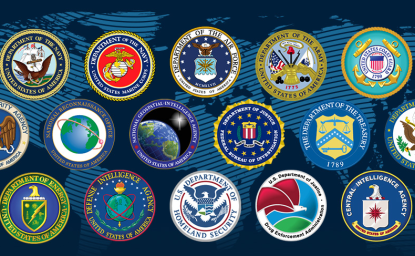Vladimir Putin‘s interventions in Ukraine and Crimea have been hugely costly to Russia’s economy and have left Mr. Putin badly isolated abroad.
But he is a master tactician with a great sense of timing.
Projections of Russian military power in Syria, highlighted by Wednesday’s airstrikes against opponents of Bashar al-Assad, will buck up the Assad regime and leave the Obama administration looking befuddled. Mr. Putin’s moves carry risks over time, particularly if Russian military positions become targets of Islamic jihadis or if Mr. Assad presses Moscow to intervene with ground forces. But those possibilities aren’t certain, and right now Washington has no good options to turn matters around.
Against the backdrop of U.S. policy that has been unable or unwilling to defeat Islamic State or Mr. Assad, Mr. Putin saw an opportunity for a limited investment that would yield maximum returns. He has all but extended Mr. Assad’s tenure, distracted attention from Russian failures in Ukraine, flexed his muscles for a domestic audience, and limited U.S. options. Mr. Putin reads the Obama administration well. He knows that President Barack Obama never wanted to militarize the U.S. role in Syria and that a Washington preoccupied with achieving implementation of the agreement on Iran’s nuclear program doesn’t want to get into a proxy war with Tehran or Moscow over Syria.
The Obama administration has options in Syria–but they range from bad to worse. Wielding tough talk toward Mr. Putin without the capacity to back up its rhetoric makes Washington look weak. That Russia carried out airstrikes so soon after Mr. Putin’s meeting with Mr. Obama at the United Nations underscores their strained relationship. U.S. efforts Wednesday to point out Russian hypocrisy over striking targets outside their stated intention of fighting ISIS makes Washington look naive. The U.S. can’t afford and doesn’t want a military fight with Russia over Syria. But negotiating with Mr. Putin now leaves Washington with fewer cards to play. Already the U.S. is reduced to empty words and an announcement by Secretary of State John Kerry and Russian Foreign Minister Sergei Lavrov that they would create a military channel to avoid an unintentional clash.
Meanwhile, these are the risks for Mr. Putin: Syria isn’t Crimea or Ukraine. Russia is a long way from home, and there are downsides to its dramatic intervention. Russian airstrikes will boost ISIS recruitment and civilian casualties, both of which could contribute to making targets of the estimated 30,000 Russian nationals in Syria. Suicide truck bombs against Russian military forces are a possibility. And there is another risk related to Russia’s intervention: How long will Mr. Putin support Mr. Assad’s regime and at what cost if and when that comes to involve deploying Russian ground forces? And should the Assad regime be ousted, how many Sunnis in Syria will want to look to Russia, a country that has aided and abetted the killing of thousands of other Sunnis? Iran would also look suspiciously at Russia encroaching on its influence in Syria and relationship with Mr. Assad.
Whatever Mr. Putin’s strengths, he is not a strategic genius. The big unknown now is whether and when Russian actions might lead to a diplomatic process that could benefit–or rescue–an Obama administration that has no coherent Syria policy. Mr. Kerry and Mr. Lavrov suggested Wednesday that they would begin exploring ideas toward a political solution, though the two sides are far apart. Given how the balance of forces in Syria favor Mr. Putin, the price he might seek to extract would surely be high.At a minimum, the Obama administration might have to agree to a prolonged transition in which Mr. Assad plays a central role and Russia’s status as a power broker is recognized. And none of this would guarantee a stable Syria or the defeat of Islamic State. Right now it looks like the Obama administration could leave its successor a Syria where Iran, Russia, Mr. Assad and ISIS continue to be the primary actors in this tragic drama.
The opinions expressed here are those solely of the author.
This article was originally published in the Wall Street Journal's Washington Wire.





